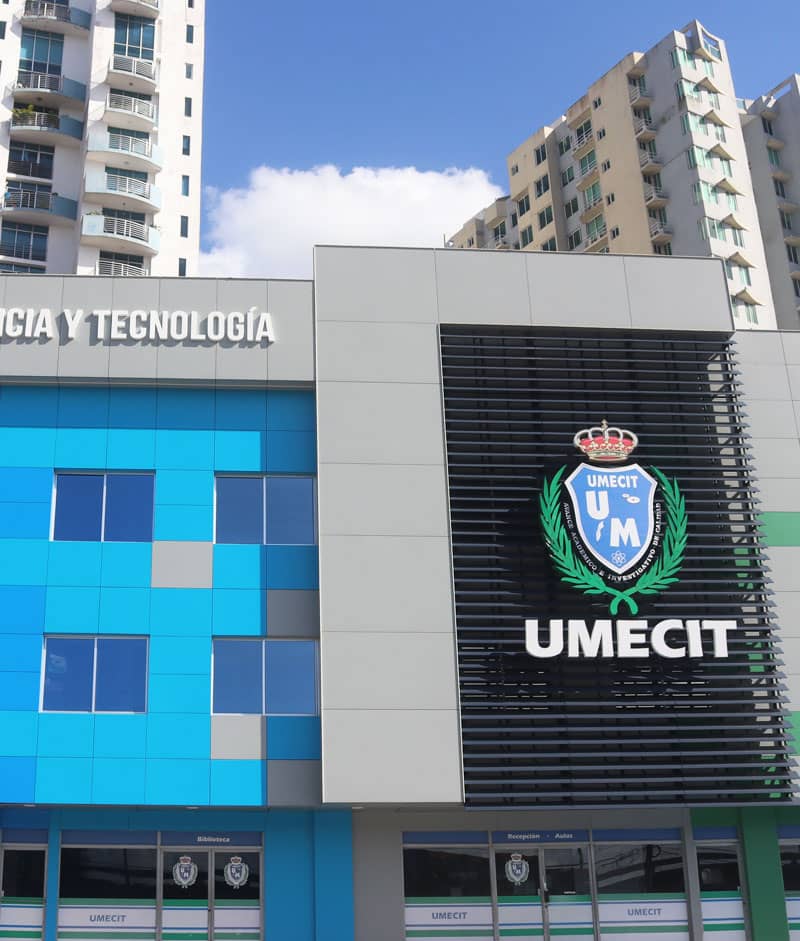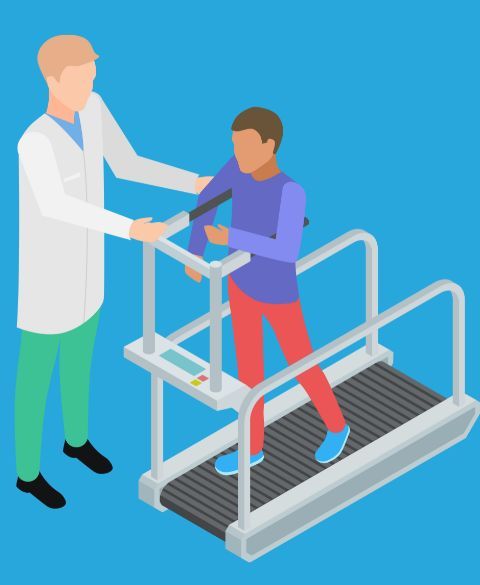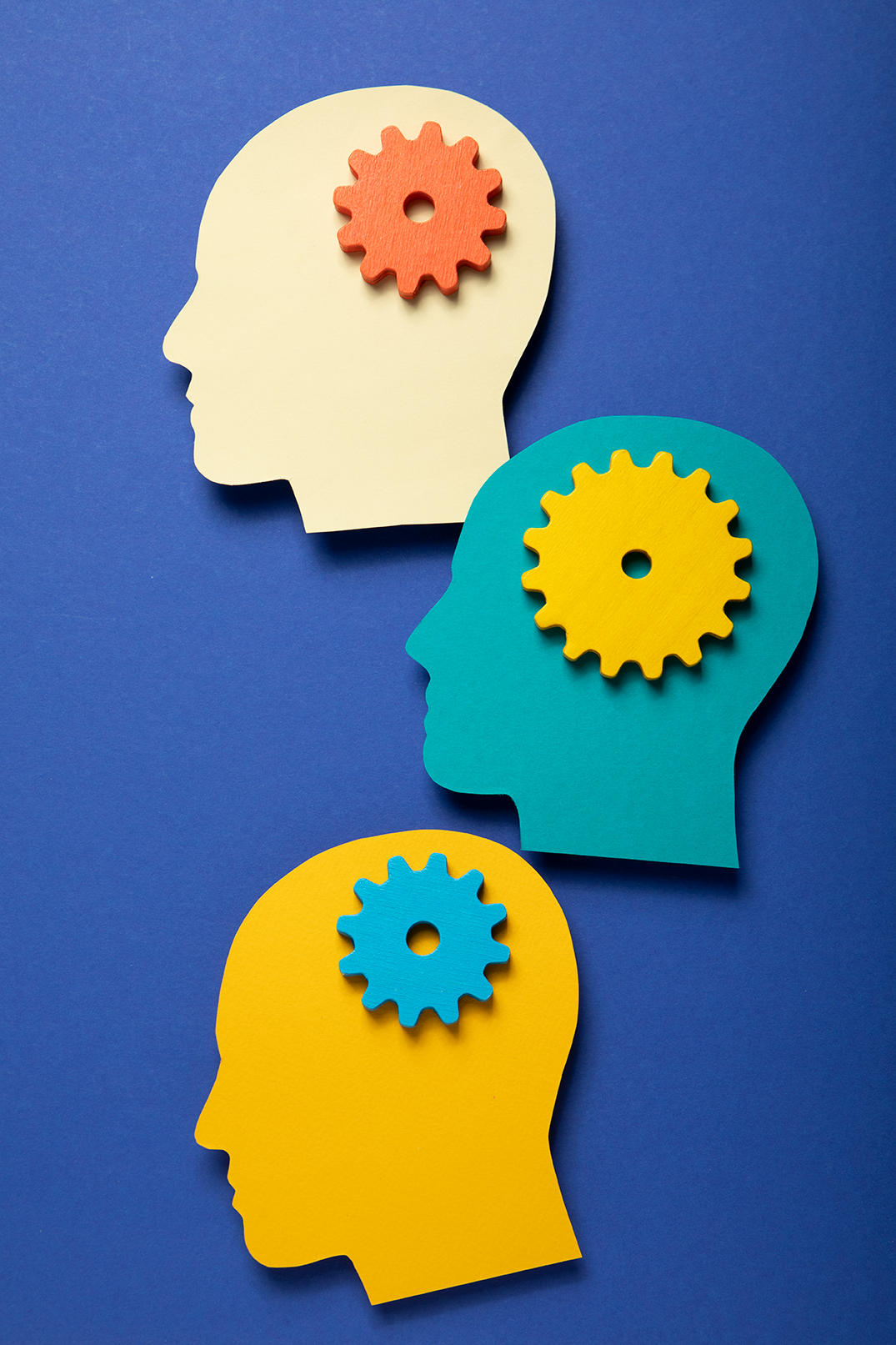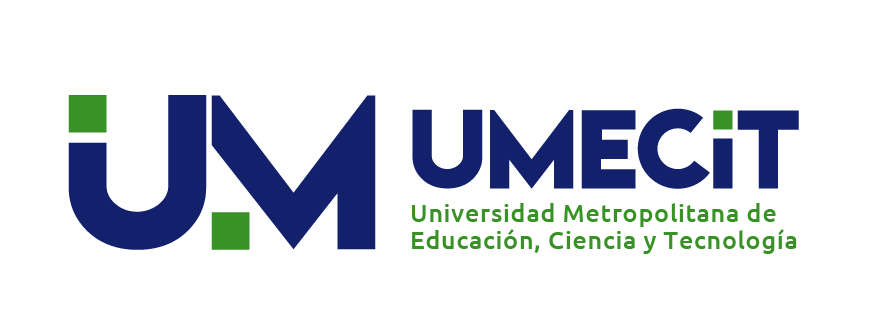“PHYSIOMED”
The “Vital Kinetics: Exploring Movement and Rehabilitation” seedbed arises in response to the growing importance of physical therapy in promoting people's health and well-being. Physiotherapy has become a fundamental discipline to prevent injuries, improve the quality of life of patients with various conditions and enhance functional recovery after traumatic events or surgeries. In this context, training and constant research are essential to stay updated on the latest trends and advances in the field.
The main purpose of this hotbed is to provide physiotherapy students with an active and collaborative learning space that allows them to delve deeper into the most relevant aspects of human kinetics and its application in rehabilitation processes. Through this hotbed, participants will have the opportunity to explore in depth biomechanics, functional anatomy and the different therapeutic techniques that make up the basis of modern physiotherapy.



The interaction between theory and practice will be one of the fundamental pillars of this seedbed. Students will have the opportunity to carry out applied research, analyze real clinical cases and participate in practical workshops that will allow them to develop manual and technical skills essential for their future professional work. In addition, teamwork, effective communication and decision-making based on scientific evidence will be encouraged.
This seedbed will also seek to promote awareness about the importance of prevention and rehabilitation in the community. Through outreach activities and participation in local events, students will have the opportunity to share their knowledge and collaborate in promoting healthy lifestyles. Likewise, collaboration with related health professionals will be encouraged, enriching the learning experience and providing participants with a more comprehensive vision of medical care.
In summary, the “Vital Kinetics: Exploring Movement and Rehabilitation” incubator aspires to train future physiotherapists committed to academic excellence and innovation in the field. Through a comprehensive approach that encompasses theory, practice and community, participants are expected to develop the skills and knowledge necessary to contribute significantly to people's well-being and the advancement of physical therapy as a vital discipline in the world. health care.
"PHYSIOMED"
PROMOTE THEORETICAL KNOWLEDGE
Provide participants with a solid understanding of the biomechanical principles, functional anatomy, and scientific foundations that underpin the practice of physical therapy, allowing them to gain a solid foundation to address clinical challenges effectively.biomechanical principles. , functional anatomy and scientific bases that support the practice of physical therapy, allowing them to acquire a solid foundation to address clinical challenges effectively.
PROMOTE PRACTICAL SKILLS
Facilitate practical workshops that allow students to develop manual and technical skills relevant to the assessment and treatment of patients, ensuring that they can safely and effectively apply the therapeutic techniques learned.
STIMULATE APPLIED RESEARCH
Promote the conduct of research projects in physical therapy, encouraging participants to address relevant questions in the field and apply scientific methods to generate useful knowledge for clinical practice.
ANALYZE CLINICAL CASES
Provide the opportunity to analyze and discuss real clinical cases, allowing students to apply their theoretical knowledge and develop clinical reasoning skills to make informed decisions in complex situations.
FACILITATE TEAMWORK
Encourage collaboration among participants to solve problems and carry out projects, promoting communication, leadership and cooperation skills that are essential in professional practice.
LINKAGE WITH THE COMMUNITY
Organize outreach and community engagement activities to raise awareness of the importance of physiotherapy in promoting health and wellbeing, and to offer educational services to the local community.
“PHYSIOMED”
The conceptual and theoretical bases of the “FISIOMED” Seedbed are based on the following aspects:
Biomechanics and Kinetics
Understand the biomechanical principles of human movement, including the kinematics and dynamics of joints and muscular systems, to apply this knowledge to evaluate and improve functionality.
Functional Anatomy
Study the anatomy of the human body from a functional perspective, focusing on anatomical structures relevant to physical therapy and how they interact during movement.
Exercise physiology
Explore the effects of exercise and physical activity on the body, including physiological adaptations and health benefits, as well as precautions in the design of therapeutic exercise programs.
therapeutic techniques
Introduce a variety of therapeutic techniques used in physiotherapy, such as massage, stretching, joint mobilizations and therapeutic exercises, and understand when and how to apply them effectively.
Neuroscience and motor control
Explore the neurological mechanisms involved in movement control, including brain plasticity, to understand how injuries and conditions affect the nervous system and how recovery processes can be facilitated.
Clinical evaluation
Learn to perform comprehensive clinical evaluations to identify movement limitations, muscle weaknesses and other dysfunctions that require physical therapy intervention.
Post-Injury Rehabilitation
Study rehabilitation approaches and protocols after orthopedic, sports or traumatic injuries, considering gradual progression and strategies to improve strength, range of motion and functionality.
Manual therapy
Explore manual therapy and manipulation techniques used to improve joint mobility, reduce pain, and facilitate functional recovery.
Treatment Planning
Develop skills to design individualized treatment plans that address the specific needs of patients, considering factors such as age, medical condition, and rehabilitation goals.
Research in Physiotherapy
Understand the importance of research in physiotherapy and how to apply scientific methods to evaluate the effectiveness of different interventions and therapeutic approaches.
Education for health
Learn strategies to educate patients about the importance of prevention, self-care, and adopting healthy habits to maintain functionality over time.
These conceptual and theoretical bases provide a solid frame of reference for the activities of the “Fisiomed” Seedbed, allowing the exploration, research and application of knowledge and techniques in the field of physiotherapy, with the aim of contributing to well-being and health. of people

WHICH ARE IN THE PROCESS OF IMPLEMENTATION FROM THE SEEDBED
"Evaluation of Effectiveness of Manual Therapy Techniques"
To conduct a comparative study to evaluate the effectiveness of different manual therapy techniques in patients with chronic low back pain, measuring pain reduction, improvement in function and quality of life.
"Impact of Exercise in Patients with Neuromuscular Diseases"
To investigate the effects of a specific exercise program on muscle strength and functionality in patients with neuromuscular diseases, such as muscular dystrophy.
"Analysis of the Biomechanics of Gait in Amputee Patients"
Conduct a gait analysis study in patients with lower limb amputation, using motion capture technologies to understand movement patterns and design more efficient prostheses.
"Effects of Neuromuscular Stimulation in Rehabilitation"
To investigate how neuromuscular stimulation can accelerate muscle recovery after orthopedic surgery, examining changes in muscle strength and atrophy.


BIBLIOGRAPHY
- Nordin, M., & Frankel, V.H. (2012). Basic biomechanics of the musculoskeletal system. Lippincott Williams & Wilkins.
- Netter, F. H. (2019). Atlas of Human Anatomy. Saunders. Exercise Physiology.
- McArdle, W.D., Katch, F.I., & Katch, V.L. (2014). Exercise physiology: Nutrition, energy, and human performance. Lippincott Williams & Wilkins.
- Chaitow, L. (2019). Modern neuromuscular techniques. Elsevier.
- Schmidt, R.A., & Lee, T.D. (2018). Motor control and learning: A behavioral emphasis. Human Kinetics.
- Magee, D. J. (2018). Orthopedic physical assessment. Elsevier.
- Kisner, C., & Colby, L.A. (2017). Therapeutic exercise: Foundations and techniques. FA Davis Company.
- Kaltenborn, FM, & Kaltenborn, TB (2017). Manual mobilization of the joints: Vol. 1-3. Hande.
- O'Sullivan, S.B., Schmitz, T.J., & Fulk, G.D. (2018). Physical rehabilitation. FA Davis Company.
- Portney, L.G., & Watkins, M.P. (2019). Foundations of clinical research: Applications to practice. FA Davis Company.
- Lorig, K., & Holman, H. (2003). Self-management education: History, definition, outcomes, and mechanisms. Annals of Behavioral Medicine, 26(1), 1-7.
MEMBERS OF THE SEEDGROUND
Seedbed leader student
Contact: brunoana1701@gmail.com
Seedbed leader student
Contact: santiagopalma2004
@gmail.com
Lead teacher
Contact: Sesuncin
@gmail.com

